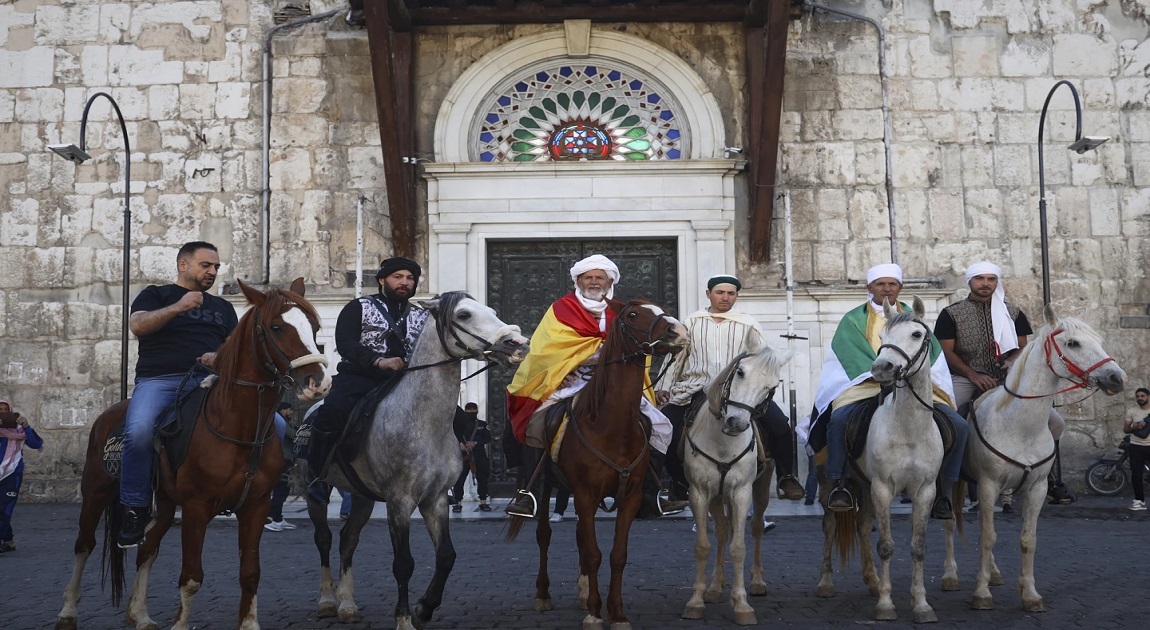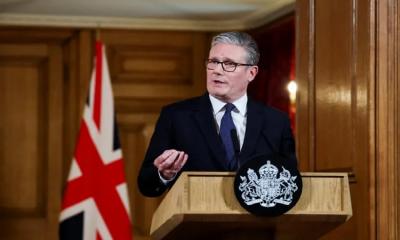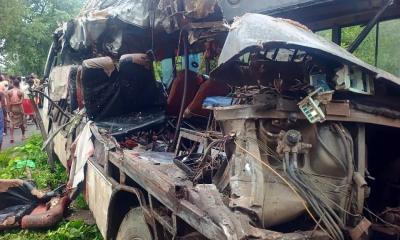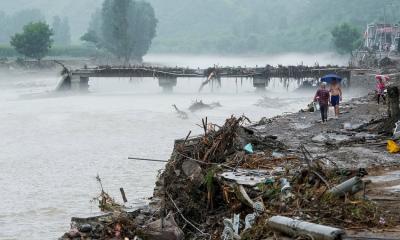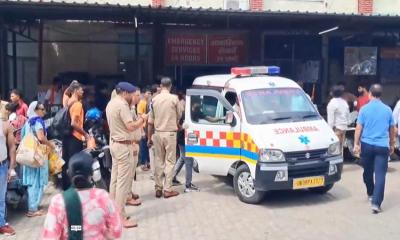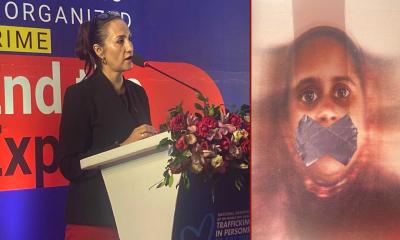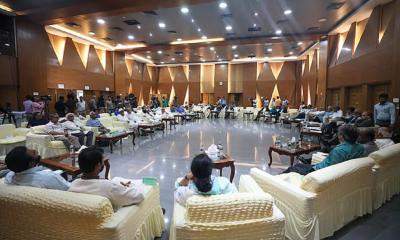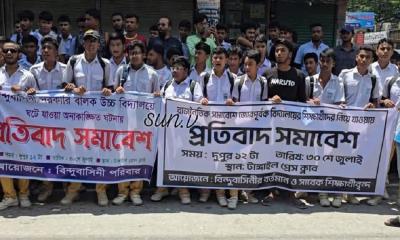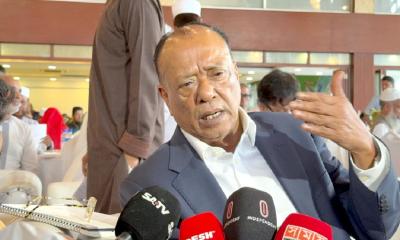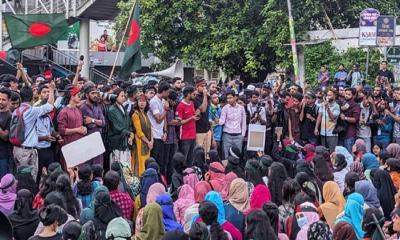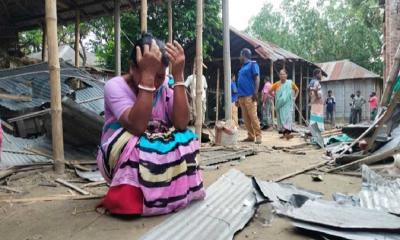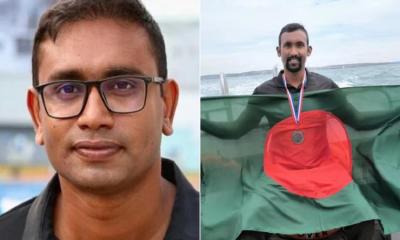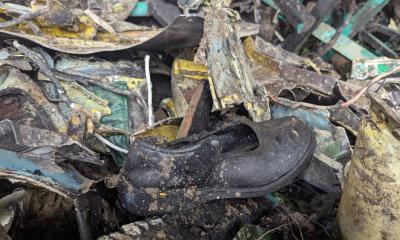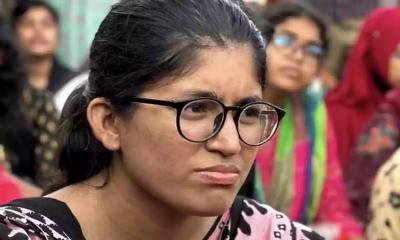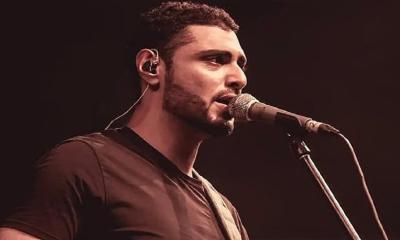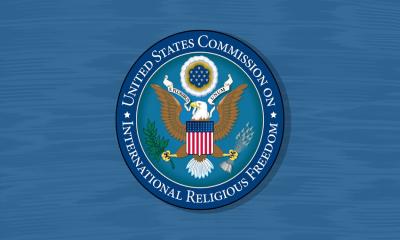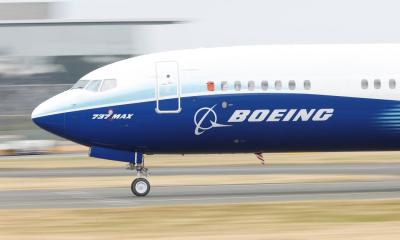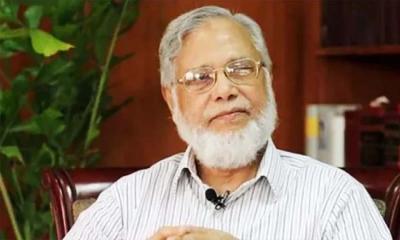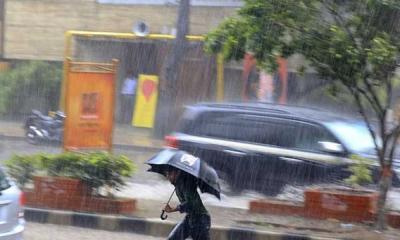In an extraordinary testament to faith and endurance, three Muslim men from Spain rode nearly 8,000 kilometers on horseback across ten countries to reach Mecca, retracing a pilgrimage route that hadn’t been taken in over five centuries.
Abdelkader Harkassi Aidi, Tarek Rodriguez, and Abdallah Rafael Hernandez Mancha began their historic journey in October from southern Spain.
Their route took them through the heart of Europe and the Middle East—France, Italy, Slovenia, Croatia, Bosnia, Serbia, Bulgaria, Turkey, Syria, and Jordan—before they entered Saudi Arabia in May, just in time for the Hajj season.
For the trio, the journey was more than just physical. It was deeply spiritual and symbolic—a revival of a route last traveled in 1491. Their final destination was the Kaaba in Mecca’s Grand Mosque, the holiest site in Islam.
“We had crossed so many kilometers to be there, and Allah had replied to our wish,” Harkassi said emotionally from Arafat. “We were in front of the Kaaba and had the opportunity to touch it. So, that 8,000 kilometers became nothing.”
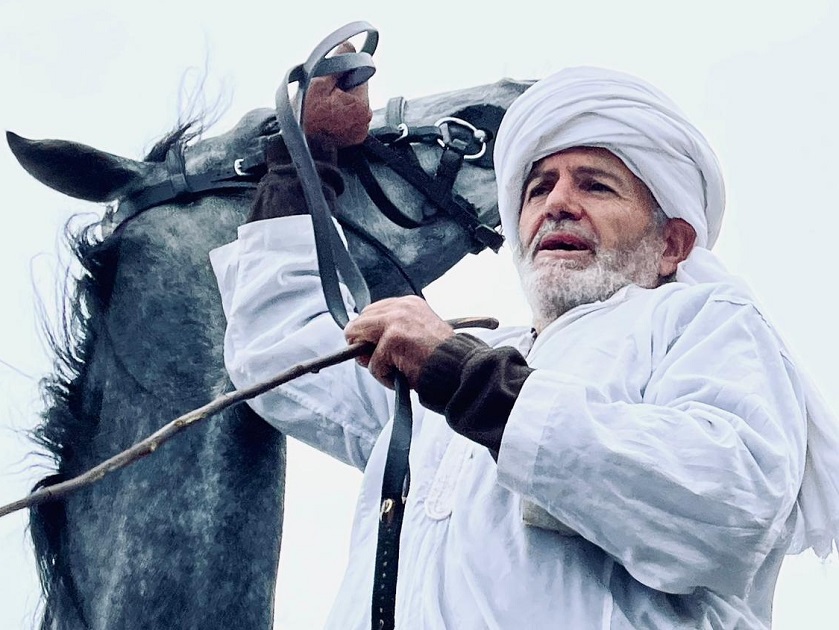
History and Hardship Intertwined
Throughout their months-long journey, the pilgrims passed stunning natural landscapes and profound historical sites. In Syria, they visited ancient landmarks like the Citadel of Aleppo and the Umayyad Mosque—testimonies to the Islamic civilization’s grandeur. At one point, they even followed remnants of an Ottoman-era railway line that once connected Istanbul to the Arabian Peninsula, using it to guide them toward Mecca.
However, the journey was not without its perils. In Bosnia, the group temporarily lost their horses—only to find them trapped in a former landmine zone. “No one could fetch them because of the danger, but by Allah’s will, the horses eventually found their way out safely,” said Harkassi.
Mechanical failures, harsh weather, and the sheer physical demand of traveling thousands of kilometers on horseback were constant challenges. Yet the trio pressed on, fueled by their unwavering faith and a deep sense of mission.
United by Humanity and Faith
Despite the hardships, what struck them most was the kindness they encountered along the way. “When we didn’t have anything, people helped us with our horses, gave us food, money, and even fixed our support vehicle,” Harkassi shared. “People have been incredible.”
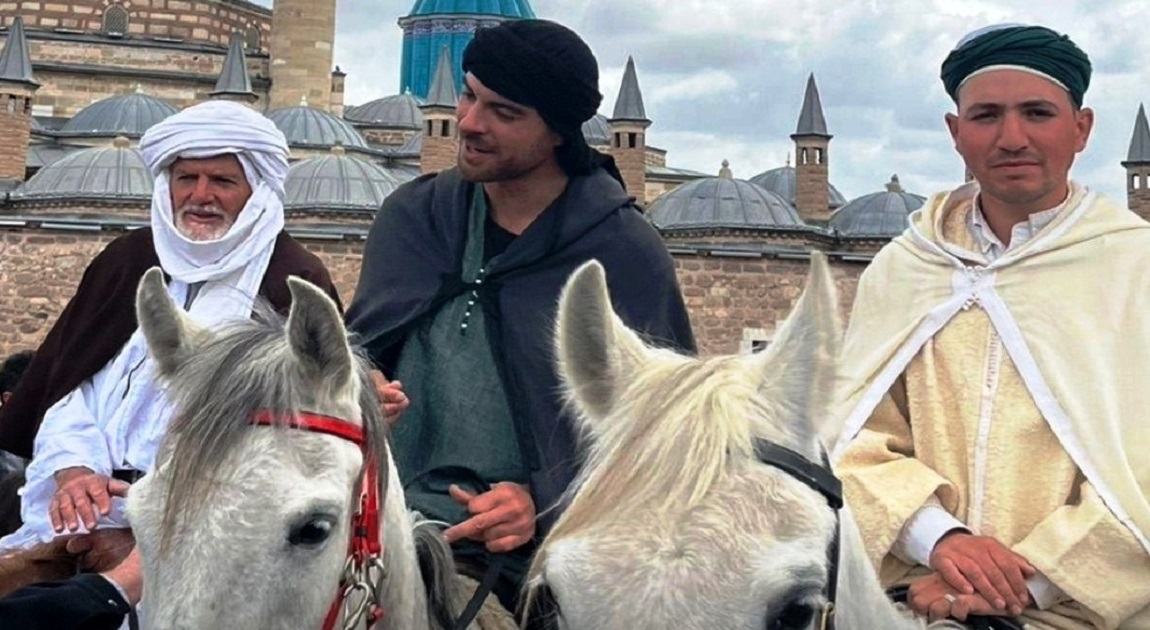
The journey, he said, reaffirmed their belief in the unity of the Muslim ummah. “I think it’s proof that Muslims are united, that the one ummah every Muslim longs for is a reality.”
As the three pilgrims now stand among millions in Mecca, they bring with them not only the dust of the roads they traveled but also a story of courage, history, and unity that transcends borders and centuries.


